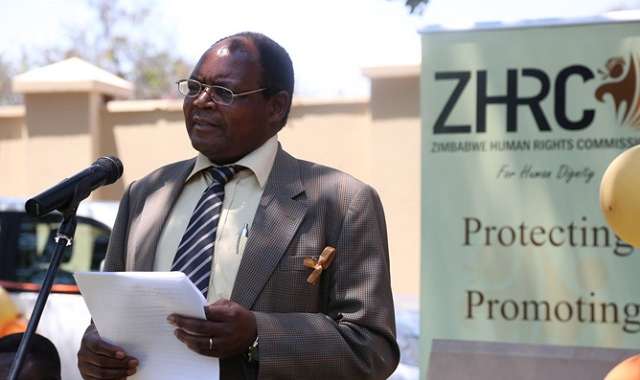
THE Zimbabwe Human Rights Commission (ZHRC) has said 29,5% of the 814 cases of people investigated in the Midlands province in September submitted that they were denied the right to education due to lack of birth certificates.
BY VENERANDA LANGA
In their just-released report on their inquiry on access to documentation in Zimbabwe, ZHRC chairperson Elasto Mugwadi said the inquiry by the commission covered Zvishavane, Mberengwa, Shurugwi, Gokwe North, Gokwe South, Chirumhanzi, Kwekwe and Gweru in the Midlands province.
“The rights infringed by lack of documents of the 814 cases investigated included infringement to the right to education 29,5%, the right to identity 23,2%, the right to freedom of movement and residence 16,4%, the freedom of trade, profession or occupation 13,6%, the right to access social services 10,3%, the right to vote 5,3%, the right to access healthcare services 1% and the right to citizenship 0, 6%,” the ZHRC said.
“The reasons included parents who leave children without birth certificates with grandparents while they cross the borders illegally and never return and lack of sufficient information on registration requirement for the benefit of citizens, and notable processing delays, especially in fingerprint processing and passport applications.”
Other reasons were said to be the long distances people travel to access the Registrar-General’s offices, spelling errors in identity documents, negative attitude by staff at the RG’s offices, which discouraged people from accessing documents and prohibitive travelling costs to obtain IDs.
“The main challenges that people are facing in accessing national documents include that parents’ whereabouts are unknown, orphaned children with both deceased parents that were undocumented, poverty which results in lack of money to travel to obtain birth certificates, as well as lack of information on how to obtain birth certificates and IDs,” the ZHRC said.
The rights body said people who failed to access national documents were severely impacted, which has created generational challenges in acquiring national documents and failure to continue with education.
- Chamisa under fire over US$120K donation
- Mavhunga puts DeMbare into Chibuku quarterfinals
- Pension funds bet on Cabora Bassa oilfields
- Councils defy govt fire tender directive
Keep Reading
“There is exclusion from participation of affected pupils in extra-curricular activities at school such as sport; lack of access to social services such as food aid, employment, government aid; and failure to open bank accounts, as well as disenfranchisement in terms of voting.”
The ZHRC said other rights infringements included challenges to access passports to travel beyond the country’s borders, including engaging in economic activities such as cross-border trade, and failure to access health services, statelessness, legally unrecognised families and the negative effect on self-esteem and dignity.











